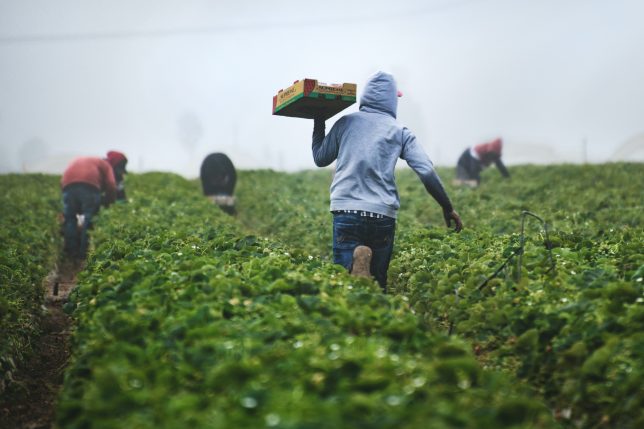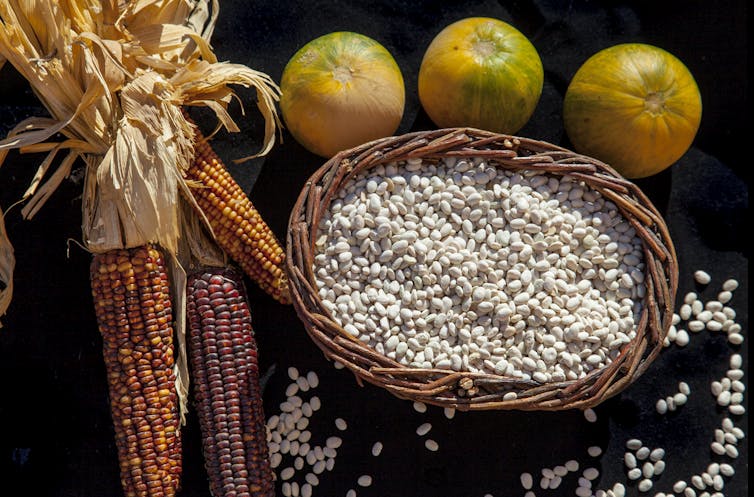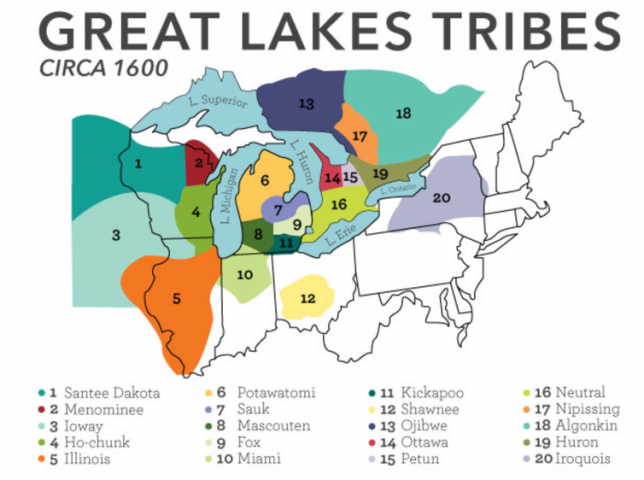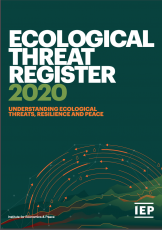
“Taking care of land, water, and particularly the long-term health of soils is fundamental to accessing food in an ever-demanding food chain.”
By Jessica Corbett, Common Dreams (CC BY-NC-ND 3.0).
A United Nations report released Thursday detailing humanity’s degradation of natural resources warns swift and sweeping reforms are needed to keep feeding the growing global population.
“The pressures on land and water ecosystems are now intense, and many are stressed to a critical point.”
The new U.N. Food and Agriculture Organization (FAO) report argues that “a sense of urgency needs to prevail over a hitherto neglected area of public policy and human welfare, that of caring for the long-term future of land, soil, and water.”
“Taking care of land, water, and particularly the long-term health of soils,” the publication explains, “is fundamental to accessing food in an ever-demanding food chain, guaranteeing nature-positive production, advancing equitable livelihoods, and building resilience to shocks and stresses arising from natural disasters and pandemics.”
Entitled The State of the World’s Land and Water Resources for Food and Agriculture: Systems at breaking point (SOLAW 2021), the report declares that “time is of the essence.”
That tone is echoed by FAO Director-General Qu Dongyu in a foreword to the report, which he says provides “evidence of the changing and alarming trends in resource use.”
“The pressures on land and water ecosystems are now intense, and many are stressed to a critical point,” Qu writes. “It is clear our future food security will depend on safeguarding our land, soil, and water resources.”
Already, human-induced soil degradation affects 34% of land used for food while water scarcity threatens 3.2 billion people—nearly half the total human population—in agricultural areas, according to SOLAW 2021.
Land, soil & water are precious resources, essential for our food security. But unsustainable practices are putting them on the brink of collapse.
— FAO (@FAO) December 9, 2021
We must manage these resources wisely to safeguard our future.
👉https://t.co/m9G8uMewCf#SOLAW2021 pic.twitter.com/pn9omQjfSR
Alongside its broad warning that “the interconnected systems of land, soil, and water are stretched to the limit,” the report emphasizes that “current patterns of agricultural intensification are not proving sustainable,” and “farming systems are becoming polarized,” with an “increasing concentration of land under a relatively small number of large commercial farming enterprises.”
Recognizing the need to better manage and safeguard land and water resources essential for food production, the report offers four key takeaways:
- Land and water governance has to be more inclusive and adaptive;
- Integrated solutions need to be planned at all levels if they are to be taken to scale;
- Technical and managerial innovation can be targeted to address priorities and accelerate transformation; and
- Agricultural support and investment can be redirected towards social and environmental gains derived from land and water management.
“Current patterns of agrifood production are not proving sustainable,” Qu said Thursday at the report’s launch event. “Yet, agrifood systems can play a major role in alleviating these pressures and contributing positively to climate and development goals.”
In his foreword, Qu notes that “a meaningful engagement with the key stakeholders—farmers, pastoralists, foresters, and smallholders—directly involved in managing soils and conserving water in agricultural landscapes is central.”
“These are nature’s stewards and the best agents of change to adopt, adapt, and embrace the innovation we need to secure a sustainable future,” he adds.
Some of those same stakeholders have been critical of the U.N. agency in recent months.
A coalition of food justice advocates last week sent a letter to Qu calling on the FAO to cut ties with CropLife International, warning that any collaboration with the agrochemical trade association “undercuts your agency’s critical—and urgently needed—support for agroecology, which FAO itself notes ‘can support food production and food security and nutrition while restoring the ecosystem services and biodiversity that are essential for sustainable agriculture.'”
Earlier this year, the FAO leader’s remarks at the U.N. Food Systems Summit were among those flagged by justice campaigners as evidence that the September event was “paving the way for greater control of big corporations over global food systems and misleading the people through corporate-led false solutions.”
Just before the summit, during a counter-mobilization, Razan Zuayter of the People’s Coalition on Food Sovereignty had said that “food systems can be transformed through the respect of food sovereignty via the will of landless peasants, small farmers, and fishers.”
“We have shown that the people are hungry for real change,” Zuayter added, “and are willing to do whatever it takes to fight for and reclaim their land, their rights, and the future of food systems.”



